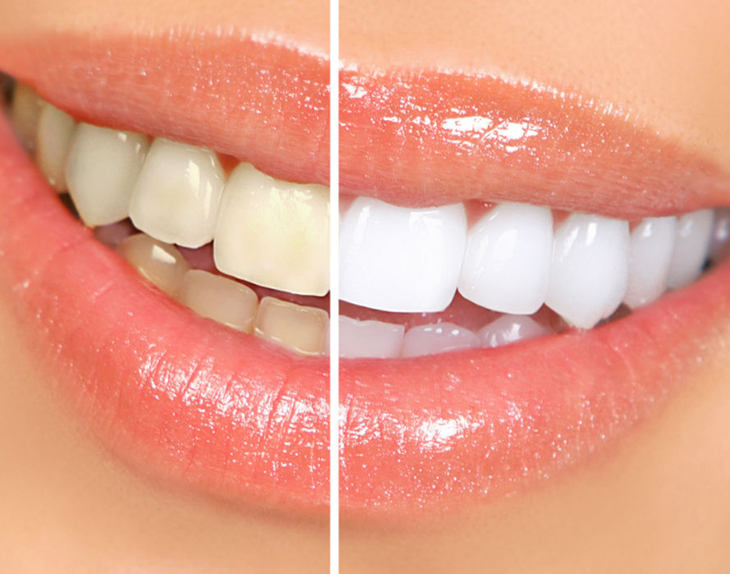
Teeth Whitening In Hutchinson, KS
Can you explain how teeth whitening works?
Care Considerations
At Newton Dental Studio, we specialize in the art and science of dentistry to create beautiful and healthy smiles. We value your investment and aim to provide treatments that promote good oral health while achieving your smile goals. Our office offers a range of advanced cosmetic dental services, and our team will help you choose the best option for your unique smile.
While teeth whitening can produce great results, it's important to understand that not all types of stains respond the same way to this treatment. Teeth whitening only affects natural teeth and does not change the color of fillings, crowns, or bridges. Those with yellow-toned teeth typically see better results compared to those with brown or grayish teeth, who may need more intensive whitening or alternative treatments. It's also important to note that teeth whitening may not be suitable for individuals with sensitive teeth, worn enamel, or significant gum disease.
Our team will assess your smile thoroughly and provide expert advice on whether teeth whitening is the best option for you. If not, we will recommend alternative cosmetic procedures that can offer healthier and more effective results.
After teeth whitening, know what to do and expect
- Watch your diet: Avoid deeply colored foods and drinks that can stain teeth, like coffee, red wine, dark sodas, teas, berries, grapes, chocolate, and other darkly colored foods, especially in the first 48 hours.
- Quit smoking or refrain: Smoking can stain and yellow teeth, so avoid smoking for at least the first few days post-whitening. Quitting or reducing smoking frequency can improve both your smile and overall oral health.
- Manage sensitivity: It's normal to experience sensitivity to hot and cold for a few days afterward. Over-the-counter pain medication and sensitive teeth toothpaste can help alleviate discomfort.
- Understand results may vary: Results vary based on factors like original tooth shade, diet, and oral habits. Whitening doesn't affect existing fillings, crowns, bridgework, or dental bonding, but we can discuss replacement if needed.
- Maintain results: Practice proper oral hygiene and regular dental care to preserve results. We can also provide a take-home whitening system for periodic touch-ups, if necessary.